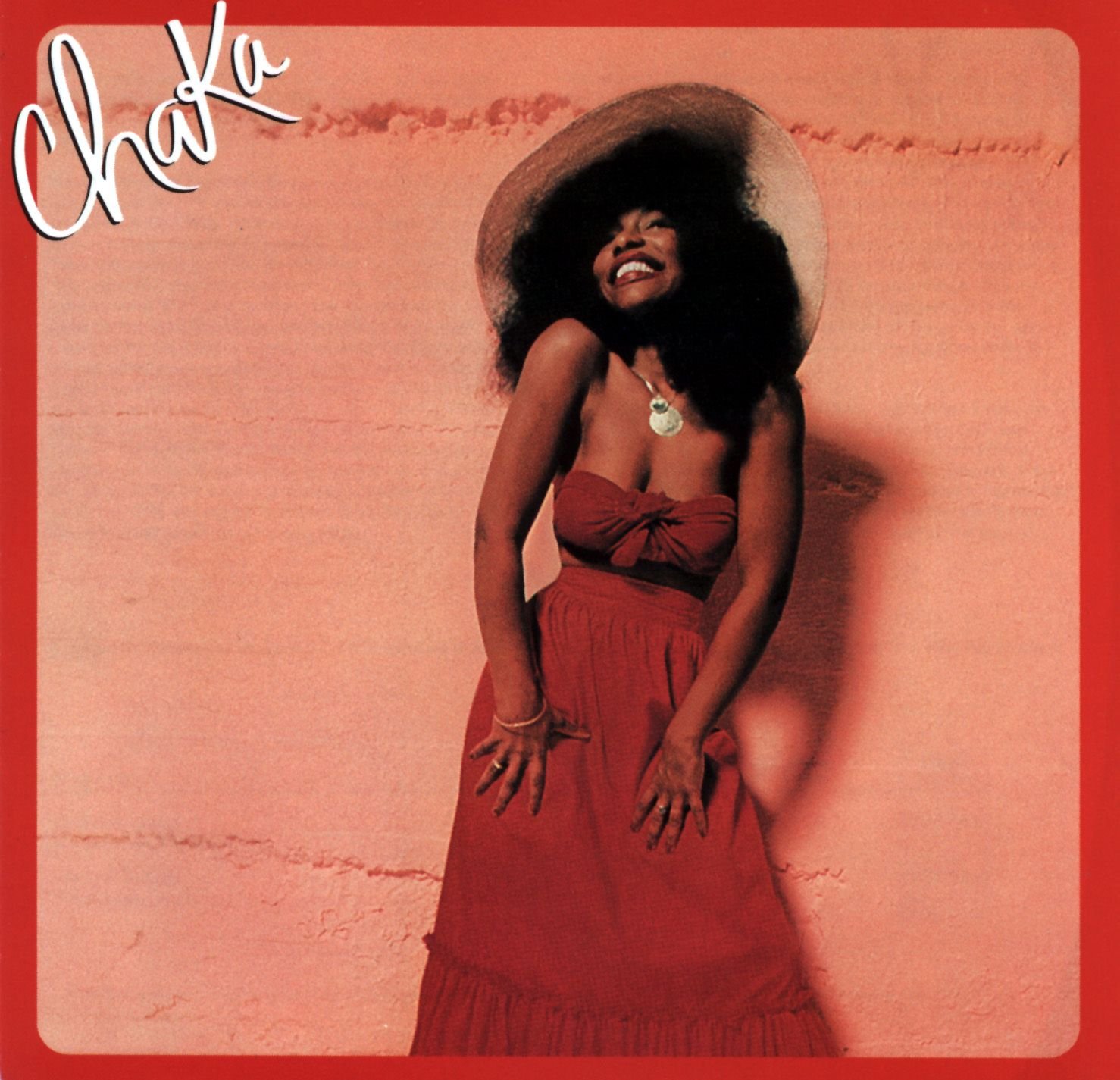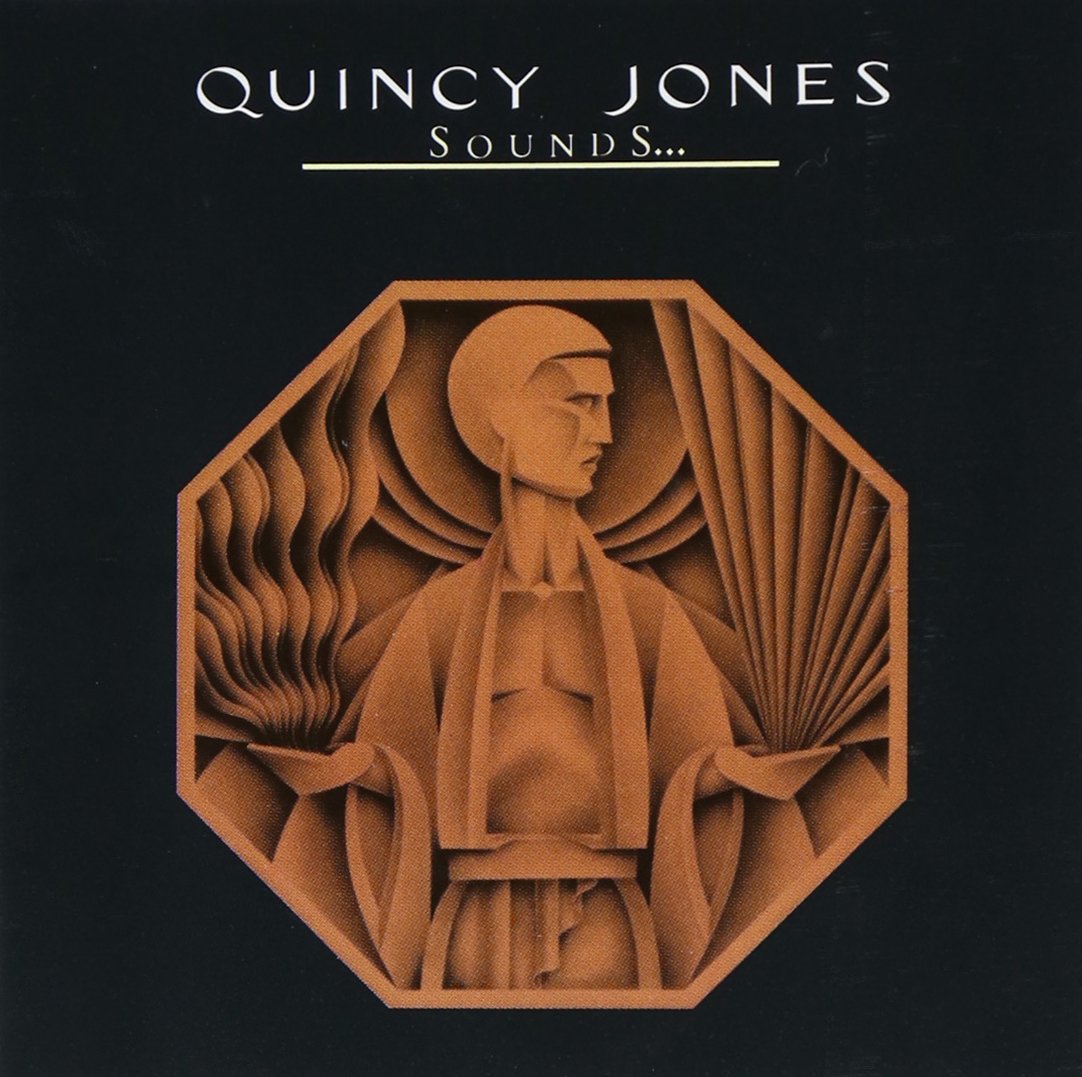
Street Player followed the Ask Rufus album in 1978 with Chaka and the band finding themselves facing new territory. Drummer Andre’ Fischer had departed due to a falling out with Chaka involving her alcoholic and micromanaging husband Richard. Chaka was also moving towards the solo career that seemed inevitable after three of the original band members left in 1974. Not only that, but the band were now without a drummer. While they searched for a more permanent replacement, the band bought in former Leon Russell session drummer Richard “Moon Calhoun for this particular session.
As keyboard player Nate Morgan departed during that same time, David “Hawk” Wolinski, who had co-written the previous albums “Hollywood”, joined Rufus as a regular member. His playing, writing and even singing projected a stronger physical personality into Rufus that no one had possessed since Tony Maiden joined the band in 1974. Since the more reflective (and occasionally slower tempos) of the previous album didn’t always meet with the greatest of enthusiasm, the band decided to take a more contemporary production of their more classic uptempo funk sound.
The title song of this album was written with Hawk and Chicago’s Danny Serephine, and that bands version was included on their 1979 album Chicago 13-an album musically similar to Rufus in many ways. Chaka herself composed “Stay”, a more mellowed out bass/guitar type groove somewhat similar to what was on the previous album yet strong enough to endure as one of her classic songs. “Turn” is a unique hard funk song. Very bluesy in orientation and full of powerful horn, bass/guitar and organ interaction. Moon Calhoun also maintains the classic stop/start rhythmic complexity here.
“Best Of Your Heart” is a melodic, jazzy mid tempo ballad that swings right into the fast paced,percussive Brazilian jazz instrumental “Finale”,featuring a tremendous synthesizer solo from Hawk. “Blue Love” is one of my favorite songs here-starting off with a melodic synth line,it goes from somber break up ballad into an uptempo jazzy funk jam as the confidence level in Chaka’s lyrics rise as the song concludes with understanding “you never know love until somebody leaves you”.”Stranger To Love” is a powerfully orchestrated ballad-built upon its strings and flanger filtered drums.
“Take Time” is one of my favorite Rufus instrumentals-a very bass oriented in the pocket kind of groove with a very strong synthesizer counter melody with Tony Maiden rocking out pretty Hendrix style on lead guitar solo. “Destiny” is a wonderfully melodic bossa/jazz-pop type number that Chaka gives one of her all time stand out vocal performances. As far as I’m concerned? Its one of her classic songs. “Change Yours Ways” ends the album in a very jazzy funk mode-again with somewhat drastic shifts in tempo. This gives Street Player a truly unique quality about it rhythmically.
Each song tends to be like a pocket jazz/funk/soul symphony-often with two unique parts fusing into a single song. And considering what Rufus were experiencing at this time, its only fitting that the lyrical focus of this album zeroed right in on themes of change and growth. That leaves Street Player as basically the culmination of Rufus’s classic sound. It still has the unique instrumental trademark of mid 70’s Rufus, but a lot of the lushness of the latter 70’s era. In many ways? Its one of Rufus’s most creative, strong and enduring musical works. Especially with its focus on uptempo songs of different musical colors.














